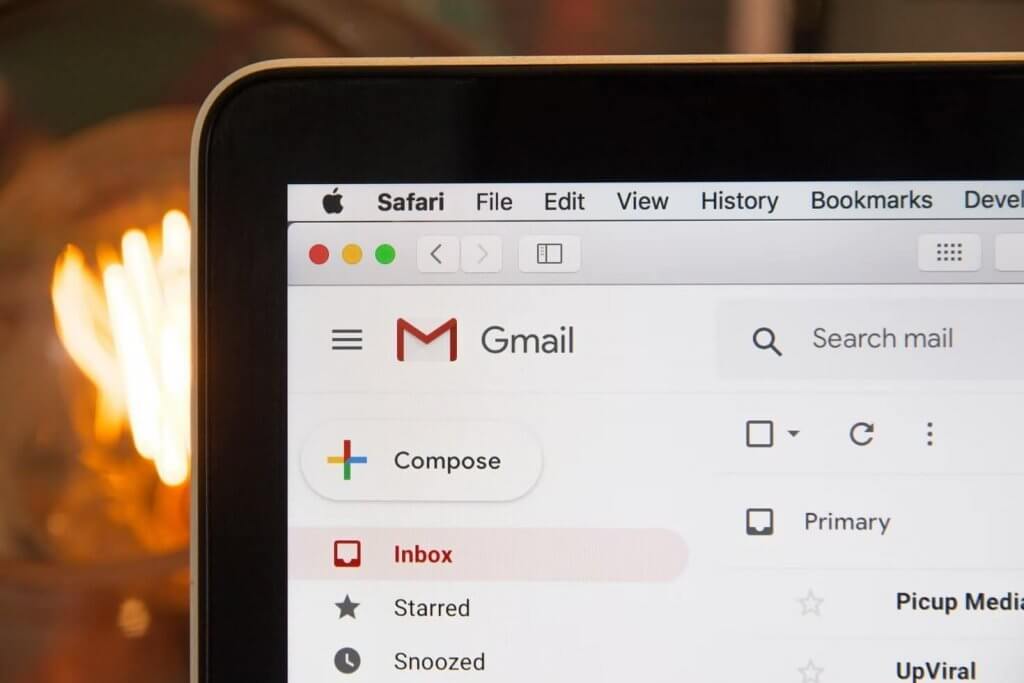It’s no secret that your small business needs to keep cash flowing in to stay up and running. We’ve mentioned before how important it is to check your invoices at the end of every month and make sure your clients have paid their bills- who wants to leave money on the table, after all? But as a small business owner, you will occasionally run into a situation where a client may suddenly develop amnesia when the time comes to pay you. While this may happen for many reasons, and isn’t always maliciously intended, it comes with a host of problems for a business owner who has bills to pay of their own.
So when a client who owes you money suddenly starts becoming slow to respond, or disappears altogether, what can you do? As a small business owner, chances are you don’t have the same amount of time and resources as larger companies that have entire departments dedicated to tracking down accounts payable. In this situation, it’s time to take a “work smart, not hard” approach. If you’re in a position where you have lots of outstanding accounts receivable invoices, aka, money owed to you by clients, read on to find out how to get your clients to start paying you on time.
1. Send a Reminder Notice

The first step to take to get your clients to pay you is to send a short and courteous reminder notice. This can be done both pre-emptively and on past due invoices. Make sure to keep a professional and understanding tone- sometimes, clients simply get busy and forget- it happens. To speed up the process of getting paid, make sure to include clear instructions on how or where they can pay you, with a link to a payment portal, PayPal instructions, or whatever method suits you best, as well as due dates. This will avoid the process being dragged out with further back and forth questions like “how do I pay you? Where do I send it to?”
If time is of the essence for you and you need to be paid by a certain date to cover your own expenses, it also doesn’t hurt to send a short reminder before the invoice is due, including due dates or payment terms, and reminders of late payment fees, which we will get into later. Communication is key. Also, it’s most paramount that this be done in writing- either via email or regular mail- so that in the worst case scenario that a client disappears altogether, you have documentation on hand to show that you’ve made attempts to reach a client and receive payment. This is important in case you need to escalate things down the road to get the money you are owed.
2. Establish Direct Contact
After you’ve sent a reminder notice, if you haven’t heard any communication back from the client, the next step in line is to establish direct contact via texting, calling, or an in person visit (if your client works at a shop or somewhere it wouldn’t be inappropriate to visit). Keep this communication professional and courteous- regardless of whether you are upset at a payment delay. Oftentimes it helps to simply ask if they received your invoice and when you can expect payment- this is often enough to weed out minor hiccups or miscommunications, like invoices landing in spam folders, checks not being cleared by other departments, etc, and helps to find a solution that gets you paid without further delay. If a client tells you they will pay by a date- hold them to their word, and don’t hesitate to follow up with them if the day comes and goes without them settling up.
Establishing direct contact works to remind clients that business involves relationships between people- and when one person doesn’t deliver their end of a deal- it’s at an inconvenience to not just a business entity, but a real human person. Oftentimes this is enough to get clients in motion to pay their invoices and settle the matter.

3. Automate your Accounts Receivable
If you don’t have time to send invoices or reminder notices, you can also automate your accounts receivable with invoicing software. This will allow you to simply set parameters as to how frequently they will email the invoices- but afterwards, you don’t have to do the extra work of messaging and communicating with clients unless you are trying to find a resolution to a problem. The downside of using automated invoicing software is that people on the receiving end will start to ignore them if they receive too many of the same invoicing reminders and notifications- so this is really only a good preliminary system to build up for your business, but when a client seems to be avoiding the payment, you will need to pursue other measures to get in touch.
Another benefit of using automated invoicing software is that oftentimes they are connected directly to a payment processor that the client can use to pay you which gets deposited directly into your small business bank account. These payment processors do sometimes charge extra hidden fees on transactions- so its something to look out for.
4. Update Your Work Contracts
Your work contracts are an important part of guaranteeing your payment terms- and one mechanism that can help you get paid in a timely manner is to write late payment fees into your service agreements. These can be as simple as listing out invoicing terms (like net30) and late fee percentages that will get added if a client fails to pay in time. These sort of contracts terms aren’t meant to punish your clients- but rather- deter them from making late payments- and if you have a client that is a little bit late on payments for a valid reason, it’s also important to be flexible at times.
If you run a service-based small business, and are working with a client for the first time, it’s often recommended that you ask for a deposit from the client before you begin the work. Depending on the type of business it’s common to ask for 30-50% of the project estimate up front. This provides a layer of protection in case the project is abandoned by the client before completion, or in the worst case scenario that a client ghosts you all together.
5. Enlist the help of a 3rd Party
If chasing after invoices isn’t your style, you may want to consider hiring an admin assistant, personal assistant, or professional bookkeeper like KGC Consulting to help you pursue and settle unpaid invoices.
Chasing clients for invoice payments can be extremely time consuming and frustrating- and as a business owner- the last thing you want is for money matters to have a negative effect on your client relationships. By hiring a 3rd party to pursue and settle outstanding invoices, you can handle the situation in a kind of “good cop, bad cop” way. Meaning- your communication with the client can simply be about the work itself, not the financial or business manners- and you can focus on providing excellent service without letting the stress of unpaid invoices get in the way. You get to be the “good cop” while the 3rd party gets to be the “bad cop” that sends the reminders and follows up. This is perfectly ok and exactly how a larger company handles their financial matters.
In the very worst case scenario, if a client hasn’t paid as per your agreed terms- and seems to be trying to squirrel out of paying you- you can take them to small claims court. In the business world, this is considered a nuclear option and something that should only be threatened if there are no other options and you don’t care about preserving the relationship. Typically business relationships don’t end well when the threat of legal action comes into play- but in the rare and unfortunate occasion that a client tries to get away with not paying you at all- it’s there as an option. In order to have a legit chance of making a winning case, you will need to check your local governments terms and processes on pursuing small claims action, and will need to make sure you have excellent documentation and/or your contract at hand.

Conclusion
If you’ve run into the situation of not having client pay you on time, and are tired of spending time and energy on chasing accounts receivable, the best investment you can make is to hire a professional bookkeeper. Not only will they help you keep on top of your day to day finances, but they will also make sure that your clients know when invoices are due and which are outstanding, freeing your time and energy up for things you enjoy doing to build your business and keep your clients happy.
Ready to get some help with closing out your small businesses’ invoices? Reach out to one of our bookkeeping professionals at KGC Consulting today.